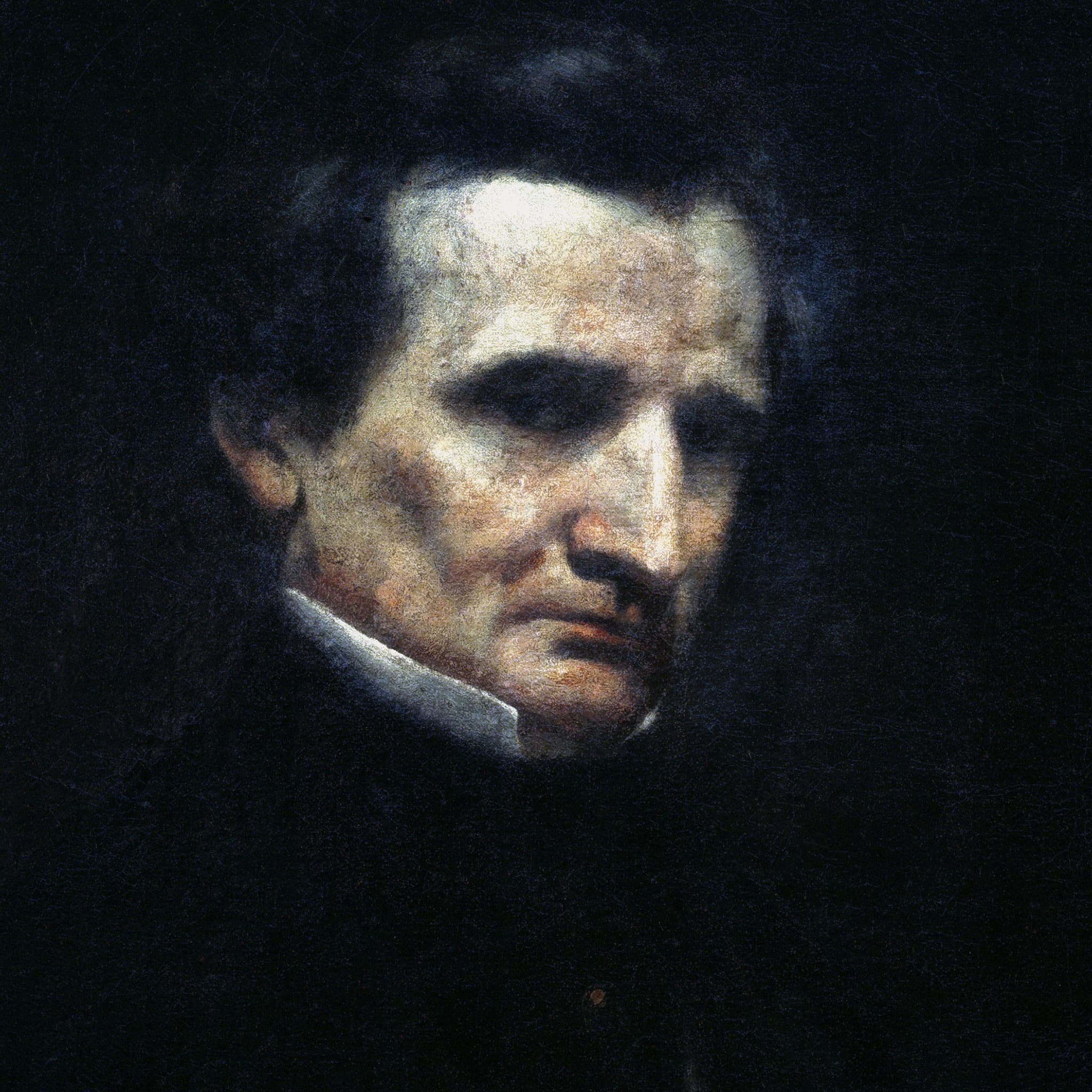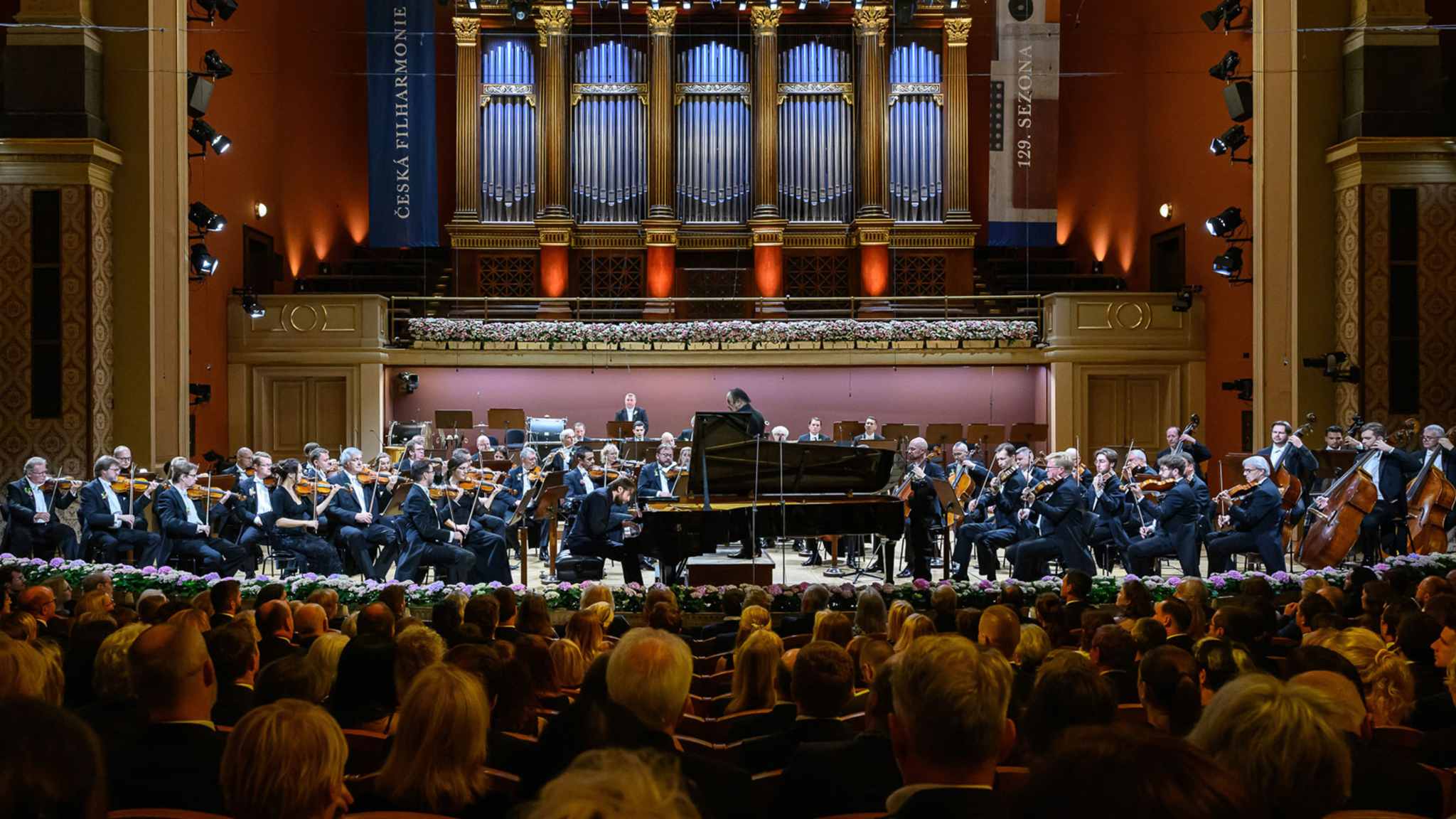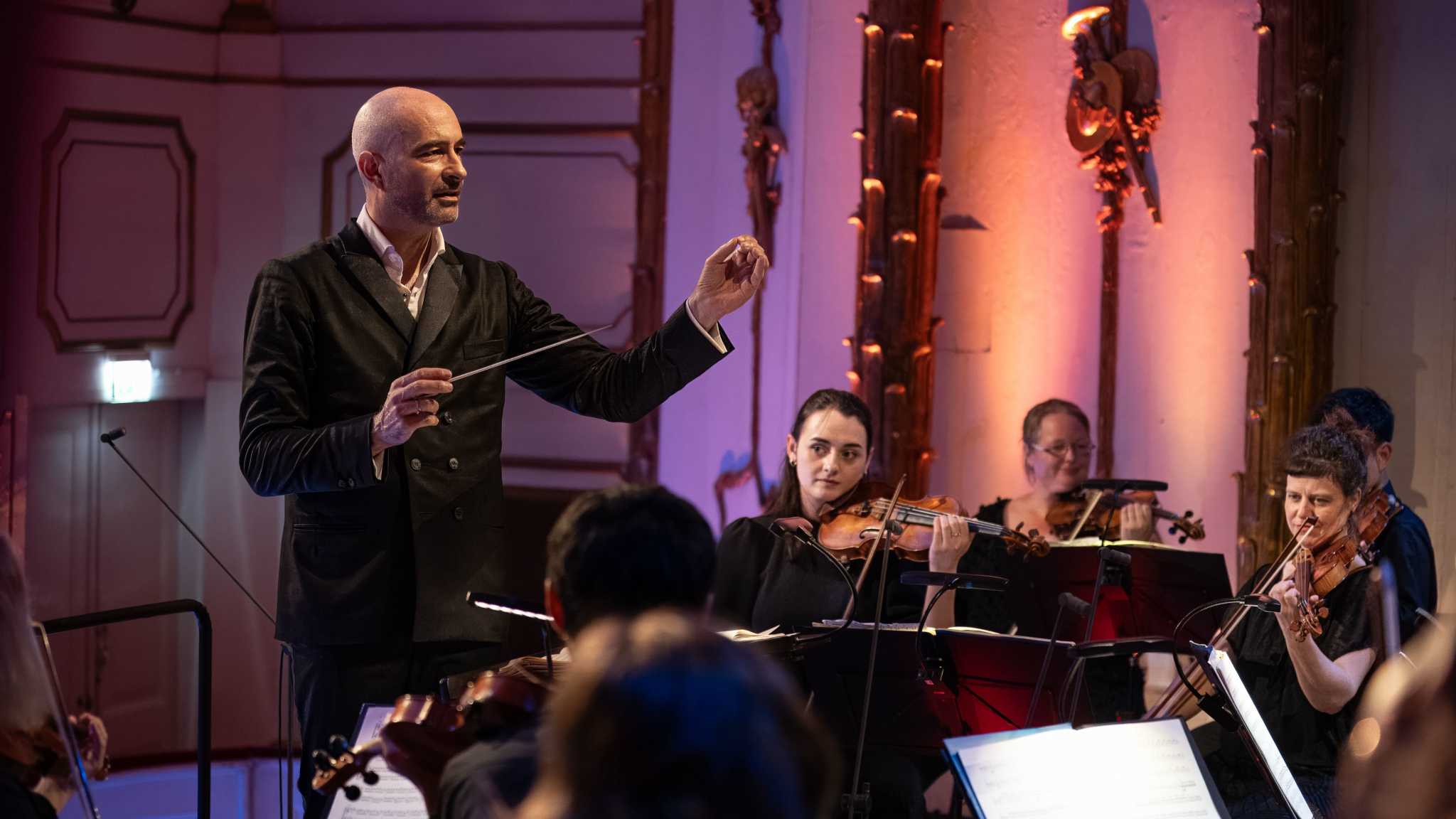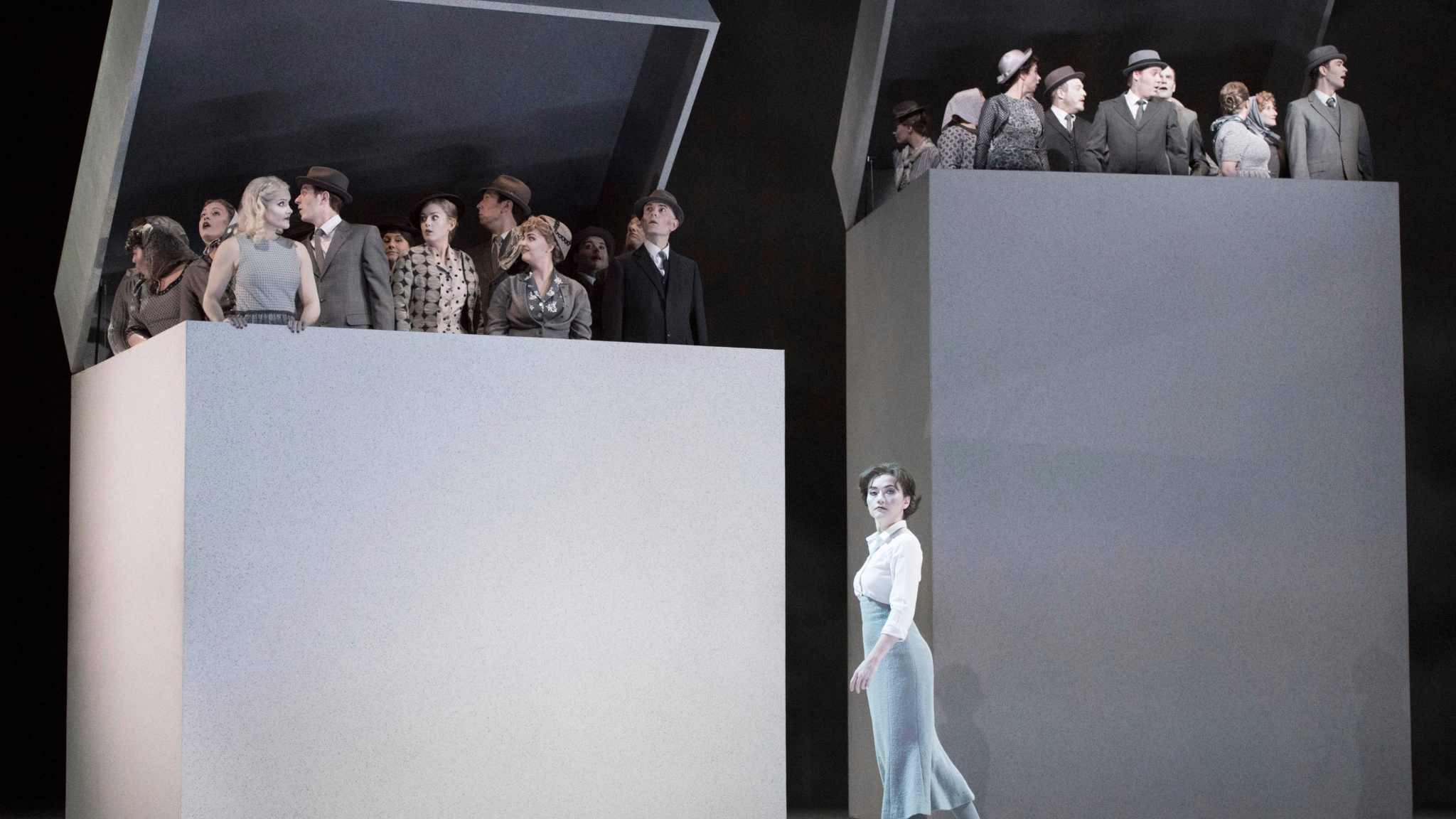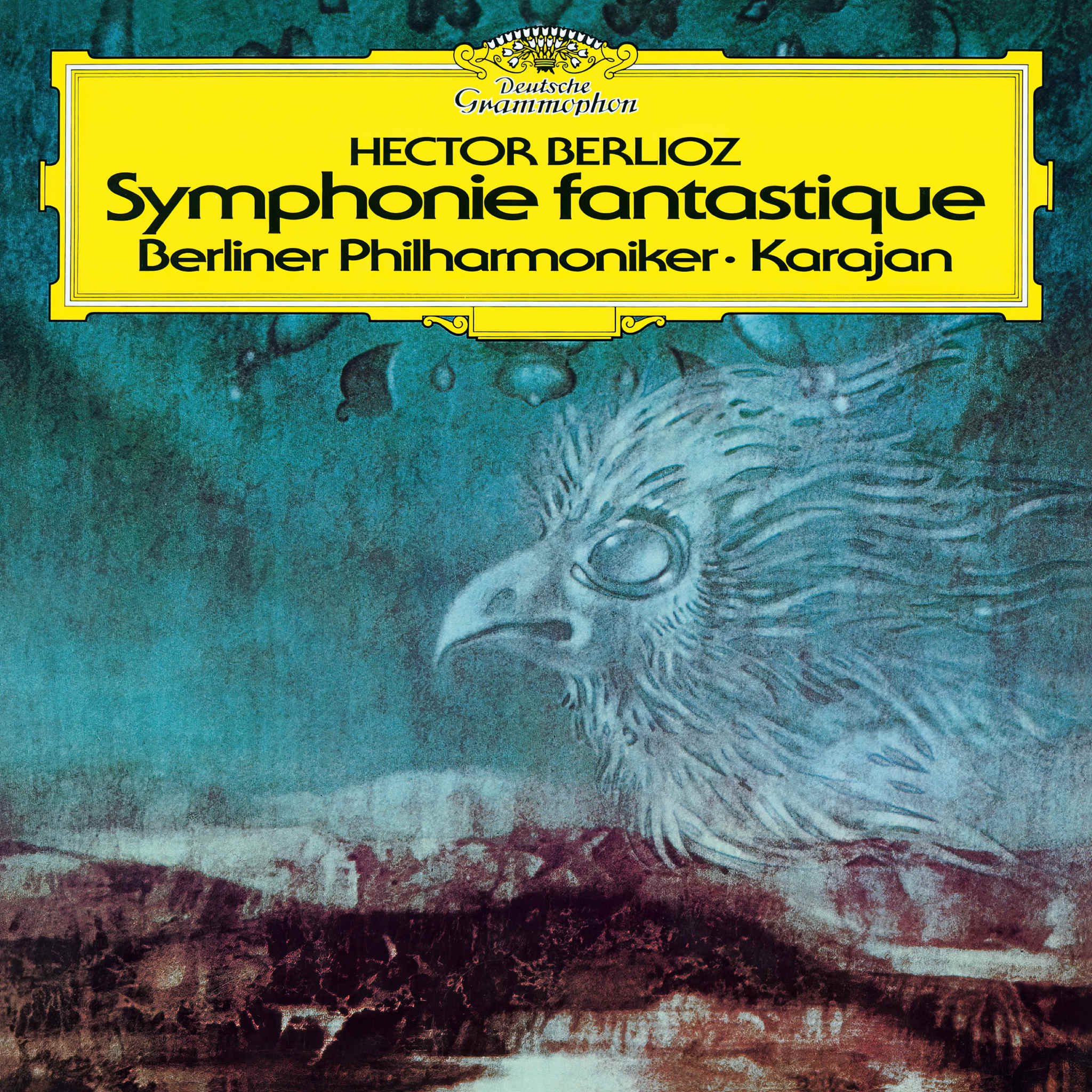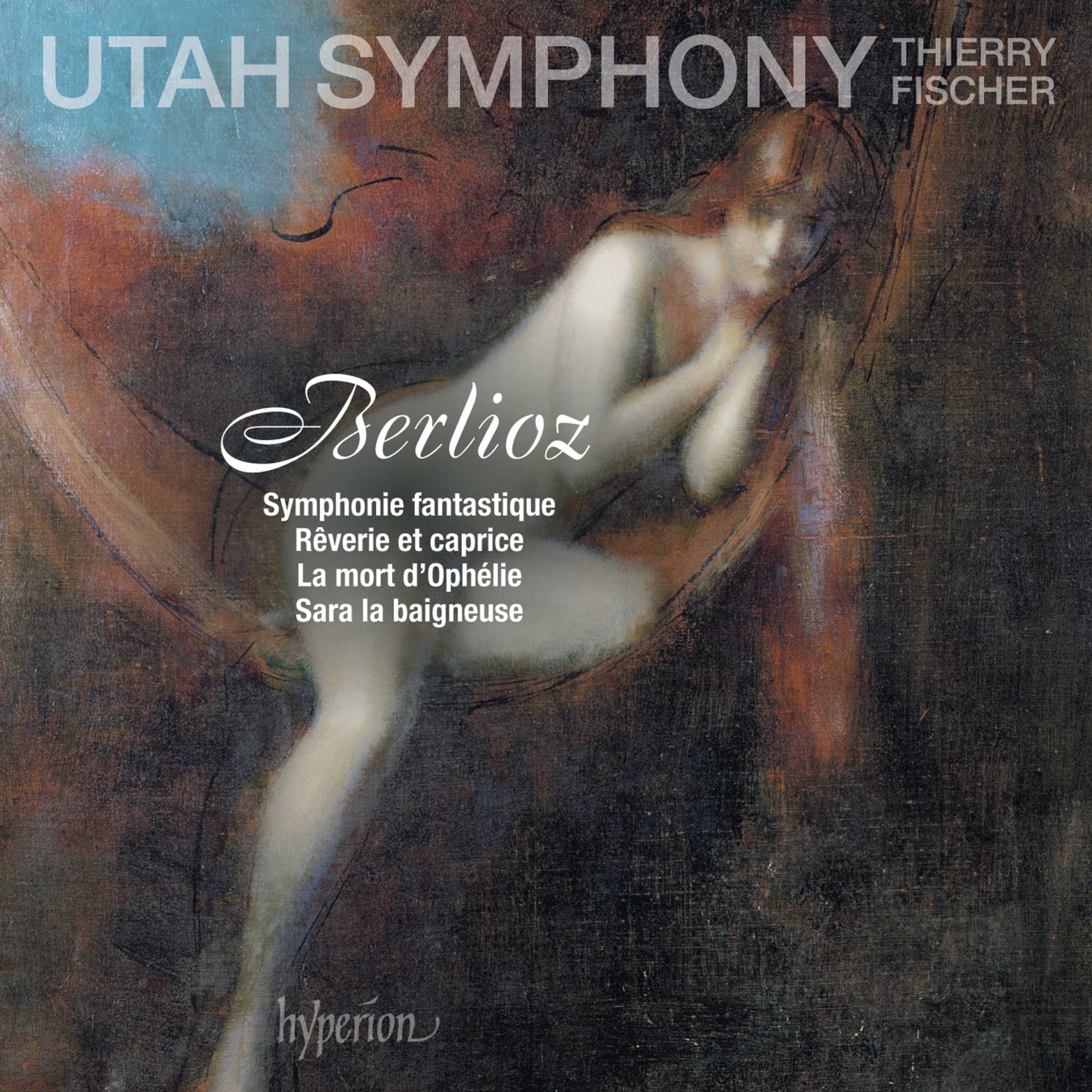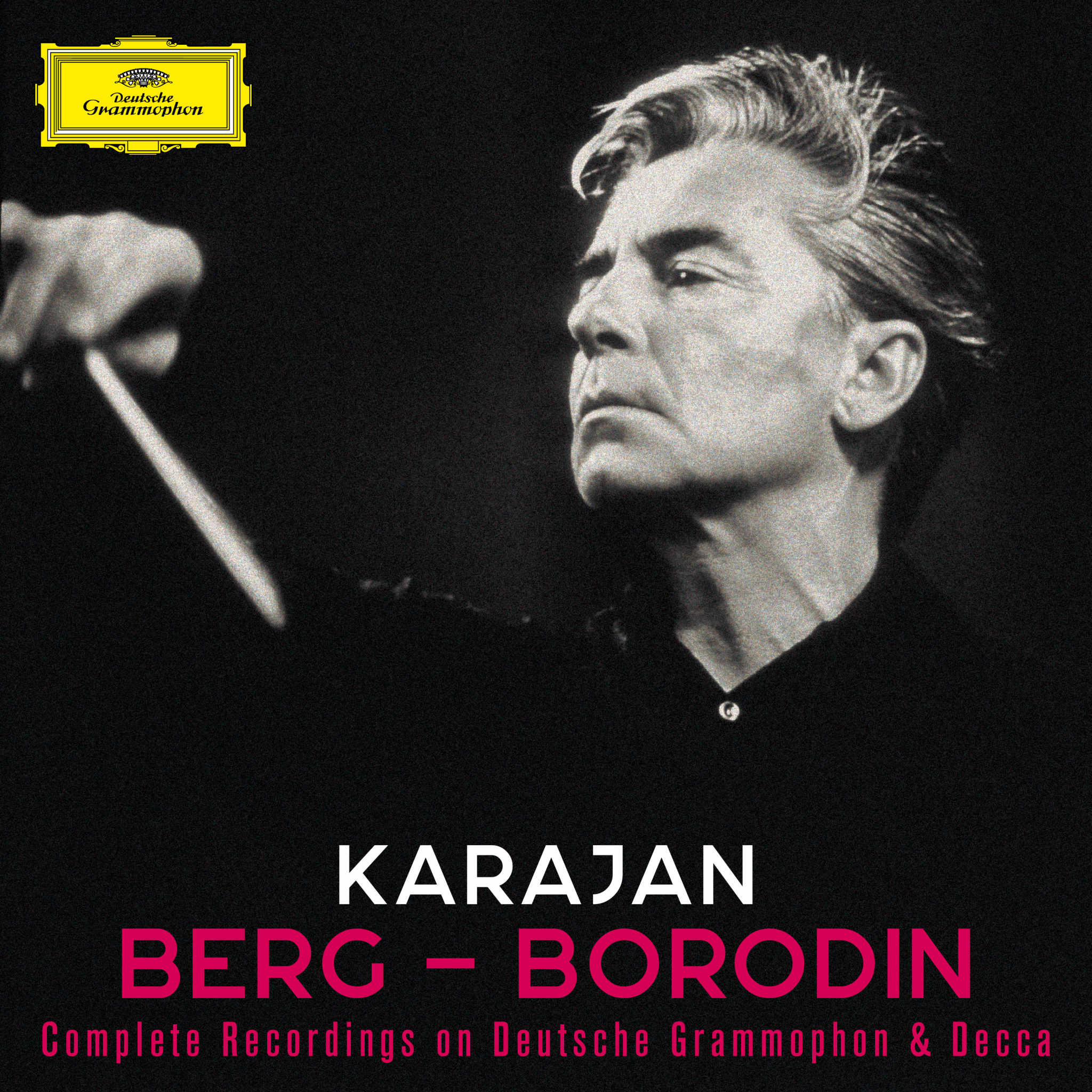Concerts and Operas
Albums
Appears On
Short Videos
AboutHector Berlioz

Hector Berlioz is arguably one of the most unusual musical talents of the 19th century. A skilled flutist and guitarist from a young age, he never achieved mastery of a keyboard instrument. He only entered the Paris Conservatoire at the age of 22, yet in the following four years, he composed several important works and was awarded the coveted Prix de Rome, which allowed him a two-year stay in Italy. His life was an unusually colorful mix of significant artistic achievements and bitter professional setbacks. While the renowned French critic and poet Théophile Gautier considered Berlioz part of the "romantic trinity," only a few of his works consistently enjoyed widespread popularity (these include the Symphonie fantastique, La Damnation de Faust, and the overtures Le Carnaval romain and Le Corsaire). Other masterpieces from his pen only found their rightful place in the concert repertoire after World War II. His orchestral sounds were of previously unimagined complexity and became a model for many composers of the late 19th and early 20th centuries. He wrote important treatises on instrumentation and conducting technique, but his literary talents found their most compelling expression in his letters, reviews, and especially in his memoirs – essential reading for anyone interested in 19th-century music.
